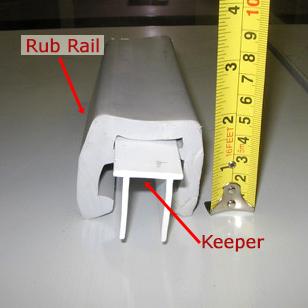I empty and clean my 2 raw water impellers strainers, engine & gen, every 3 to 4 weeks. It was suggested that I add a little dish soap in the strainers to lubricate the impellers. It sounds reasonable but putting dish soap through the impellers could break up the grease that was used when installing new impellers?????????
Someone else suggested adding some cooking oil to the strainers after cleaning them to keep the rubber impellers lubricated.
This actually sounds better and makes some sense.
Any thoughts?
Someone else suggested adding some cooking oil to the strainers after cleaning them to keep the rubber impellers lubricated.
This actually sounds better and makes some sense.
Any thoughts?

